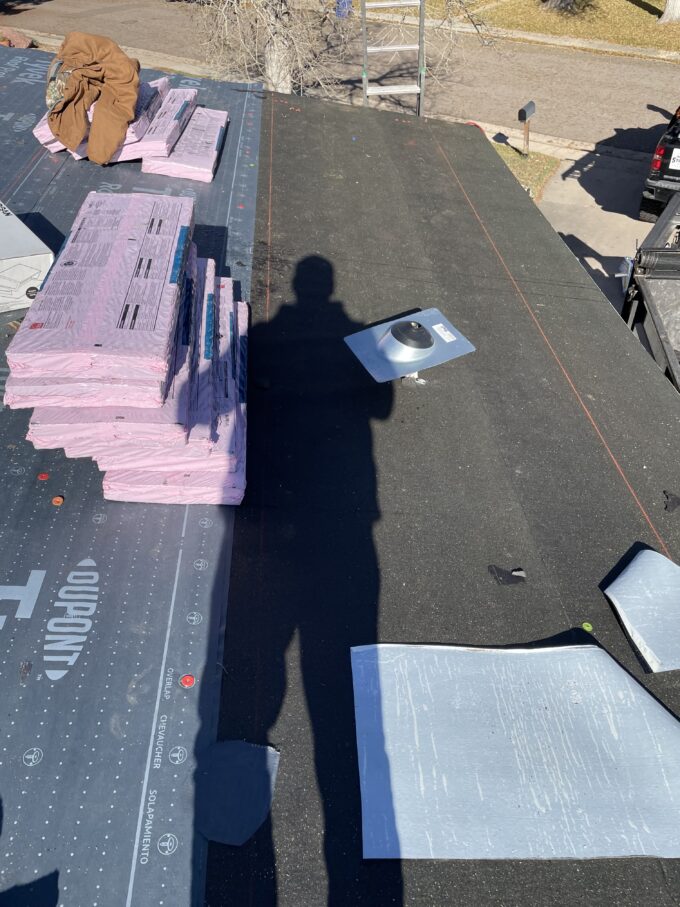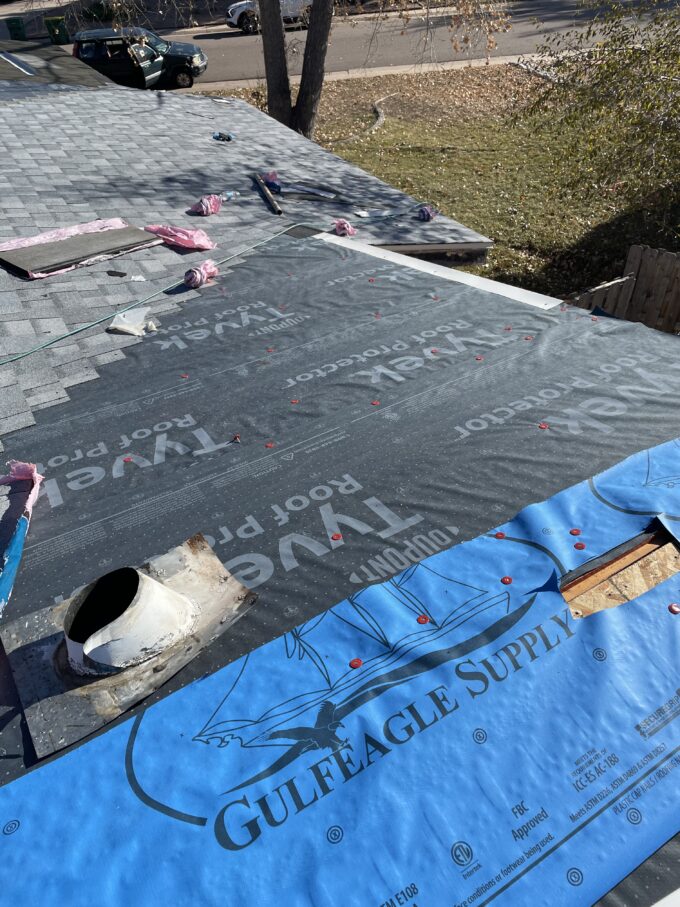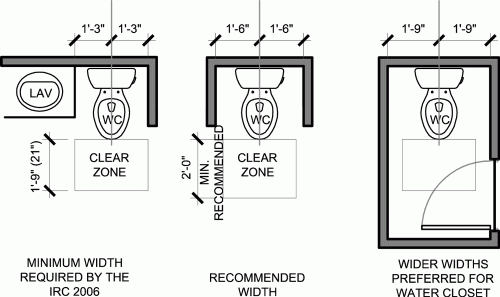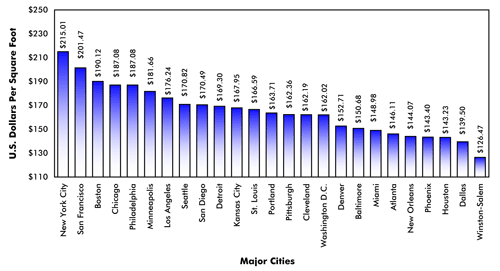Why Mid-Roof Inspections Matter in Colorado
Colorado’s climate is tough on roofs. Heavy snow, hailstorms, high winds, and extreme temperature shifts demand a roofing system that isn’t just well-built—it’s built right from the start. That’s where mid-roof inspections come in.
At EVstudio, we provide third-party mid-roof inspections that will help ensure your new roof meets the highest standards before the final layer goes on. Whether you’re installing tile, slate, metal, or another roofing material, a mid-roof inspection is a crucial checkpoint that will protect your investment and your home.
What Is a Mid-Roof Inspection?
A mid-roof inspection takes place when approximately 25% to 50% of the roof has been installed. At this stage, key components are still visible—like the underlayment, flashing, and batten systems—allowing inspectors to verify that everything is properly installed before it’s covered by completion.
Catching installation errors early prevents costly issues later, such as water intrusion, structural damage, or the need for a complete tear-off and redo.
Why They Matter—Especially in Colorado
Many jurisdictions across Colorado, including Jefferson County, Wheat Ridge, Boulder, Golden, Littleton, Broomfield, Thornton, and Castle Rock, require a mid-roof inspection for certain roof types before final approval. In these areas, third-party inspections—like those offered by EVstudio—will satisfy local building department requirements and keep your project on schedule.
Key Components Inspected:
- Underlayment
This is a waterproof barrier that protects the roof deck from moisture and ice buildup. - Flashing
These are metal strips that seal around roof penetrations such as chimneys, vents, and skylights to prevent water entry. - Batten Systems
These will provide ventilation and drainage under tile or metal roofs, reducing the risk of trapped moisture. - Waterproofing Details
Inspectors will check that all fasteners, nails, and exposed elements are properly sealed to prevent rust and future leaks.
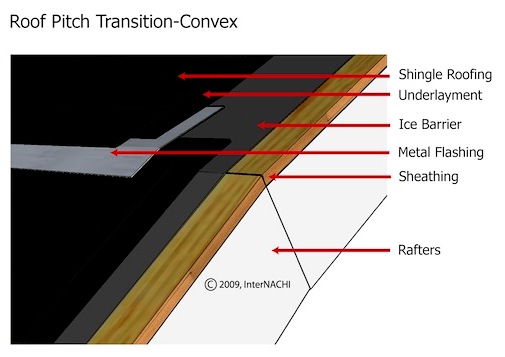
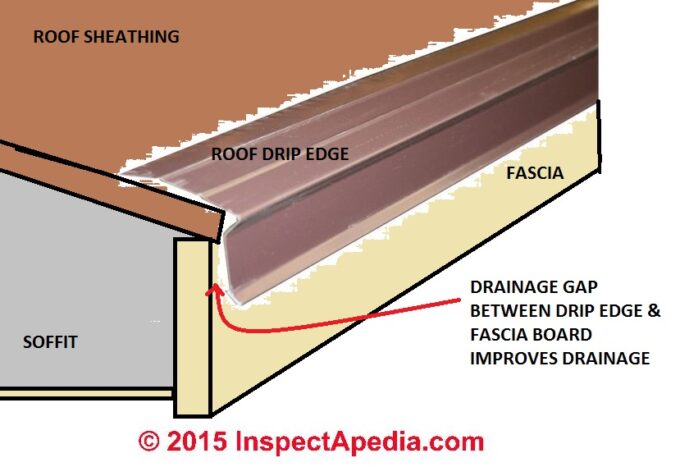
A successful mid-roof inspection will confirm that all these elements are installed correctly, in line with local codes and manufacturer specifications.
What to Expect During the Inspection
- Roof Exposure
Your roofer will uncover about 10% of the roof surface on each side to allow visual access for the inspector. - Inspection
A certified inspector will evaluate the exposed sections, looking for code compliance and quality workmanship. - Results
- Pass: You can proceed with the rest of the roofing installation.
- Fail: Any issues must be corrected before scheduling a re-inspection.
Tips for a Smooth Mid-Roof Inspection
- Know Local Requirements
Each jurisdiction has different rules. Make sure the project team understands if a mid-roof inspection is required. - Hire the Right Contractor
Choose a licensed roofing contractor who understands Colorado-specific codes. Also, be sure they are experienced with specific roofing material. - Schedule Strategically
Mid-roof inspections will require coordination. Avoid delays by planning the inspection early in your project’s timeline and schedule.
Final Thoughts
A mid-roof inspection isn’t just a formality—it’s a critical step in delivering a durable, code-compliant roofing system. So, by verifying proper installation before the final roofing layer goes on, you reduce the risk of leaks, callbacks, and costly repairs.
At EVstudio, we specialize in third-party mid-roof inspections across Colorado. Our experienced inspectors help homeowners and contractors build with confidence—ensuring that your roof will stand up to Colorado’s toughest conditions.
Explore more roofing topics on our blog, including how to prepare for your inspection and choosing the right roof system for Colorado homes.

